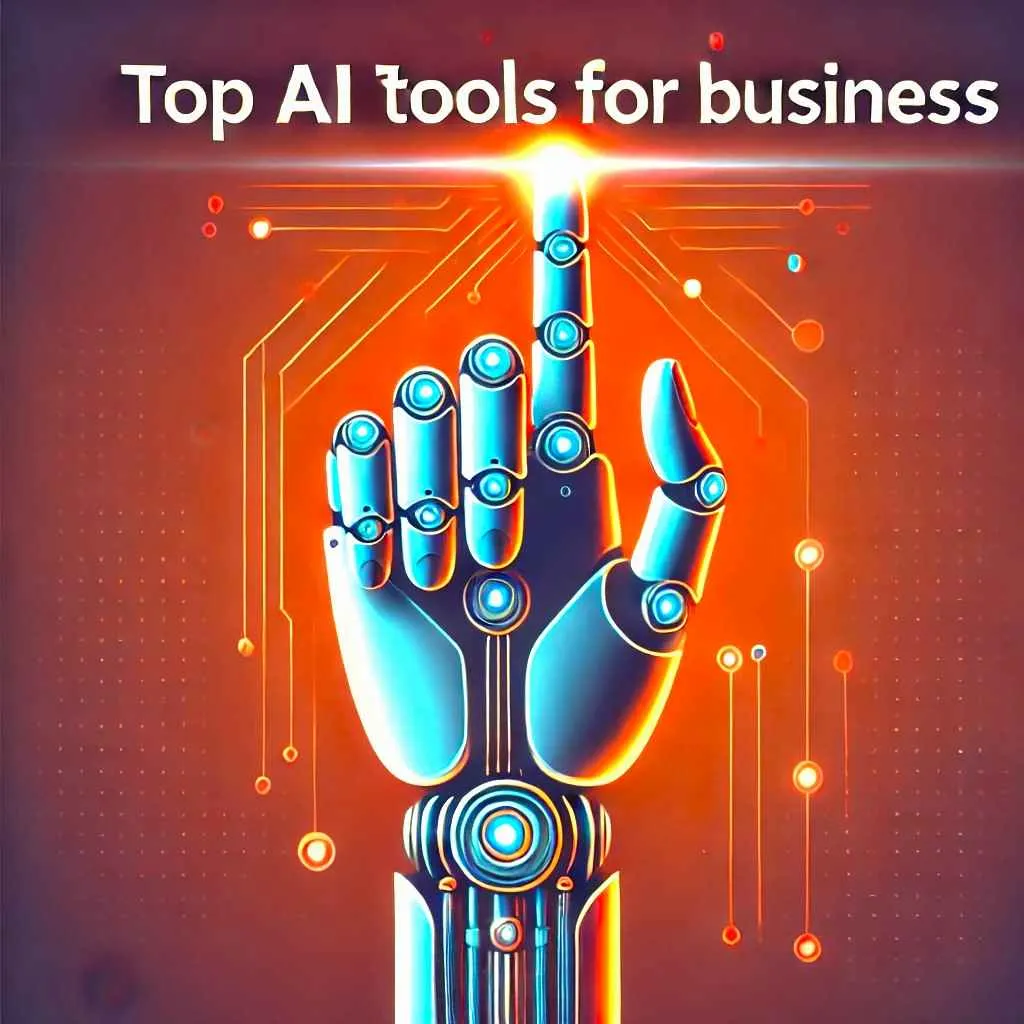Ai tools for business
AI Tools for Business: Revolutionizing the Modern Enterprise
Artificial Intelligence (AI) is changing the nature of business by improving its efficiency and innovation, and providing deep insights through data analysis. The use of AI tools has become necessary as businesses strive to remain competitive. Let us thus see some of the most influential AI tools available to companies now with latest trends and data about their utility.
Customer Relationship Management (CRM) Systems
AI-supported CRM systems such as Salesforce Einstein and HubSpot use AI for task automation, prediction of clients’ behavior, and personalization of marketing campaigns. They can analyze customer data to provide insights that can be acted upon and improve customer satisfaction.
Latest Data: According to Salesforce, businesses using AI-powered CRM systems have seen 30% increase in sales productivity and a 26% improvement in customer retention.
Business Intelligence (BI) Tools
Tools like Tableau or Microsoft Power BI are incorporating AI into them to improve data visualization and predictive analytics. Because they possess artificial intelligence capabilities, these tools will make accurate forecasts more frequently than traditional methods; likewise, they would reveal patterns not otherwise seen from conventional analyses.
Latest Data: Gartner’s report projects that by 2025 80% innovations in data and analytics will incorporate artificial intelligence (AI) and machine learning.
Chatbots and Virtual Assistants
Customer service is being revolutionized by Artificial Intelligence (AI) chatbots from Zendesk or IBM’s Watson Assistant virtual assistants who offer round-the-clock client support services , answer instantly, allowing human agents to handle more complex issues.
Latest Data: Juniper Research predicts that by 2024 AI-driven chatbots participating in interactions will save enterprises over $8 billion annually for their customer care budgets.
Supply Chain Management
Llamasoft or ClearMetal are examples of AI supply chain management tools that optimize logistics, forecast demand, and manage inventory better than before. These tools enable companies to cut costs and shorten delivery times.
Latest Data: McKinsey & Company states that AI in supply chain management can reduce forecasting errors by up to 50% and also lower out-of-stock losses by about 65%.
Human Resource Management (HRM)
AI is affecting HR processes with tools such as Workday or HireVue, which use AI for resume screening, predicting employee success and personalizing career development plans, thereby increasing staff engagement.
Latest Data: Deloitte’s Global Human Capital Trends survey revealed that 38% of organizations are currently using AI in their HR processes, which is expected to almost double to 62% over the next two years.
Fraud Detection and Cybersecurity
Darktrace or Symantec are examples of AI-based cybersecurity tools that apply machine learning techniques to detect and respond promptly to cyber threats. They look for patterns and detect anomalies that may suggest potential security breaches.
Latest Data: According to Cybersecurity Ventures spending on AI in cybersecurity worldwide will reach $38.2 billion by 2026, reflecting an increased reliance on artificial intelligence (AI) against complex cyber threats.
Conclusion
Different business functions such as customer service or supply chain management are finding artificial intelligence (AI) indispensable today. This integration of AI not only improves operational efficiency but also promotes strategic decision-making abilities of firms across all sectors. In evolving AI technology environment businesses which utilize these tools will be more successful in the increasingly competitive market dynamics ahead of us.



